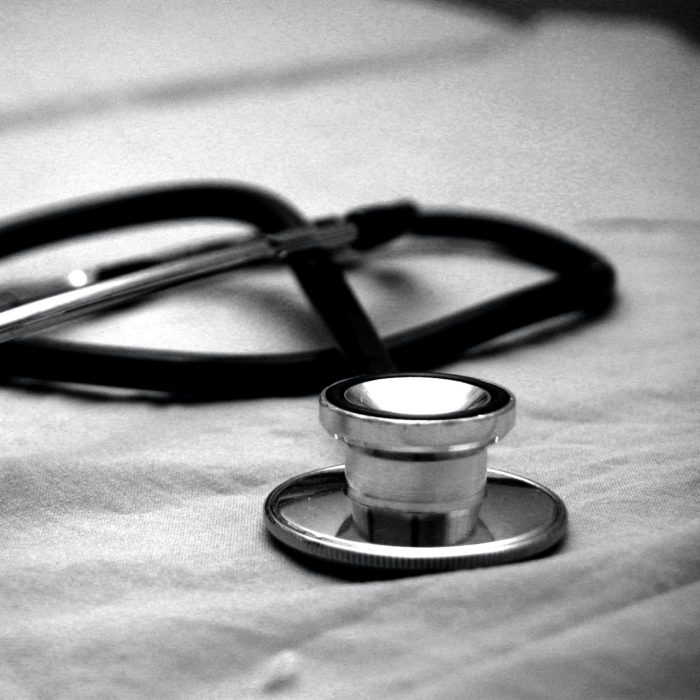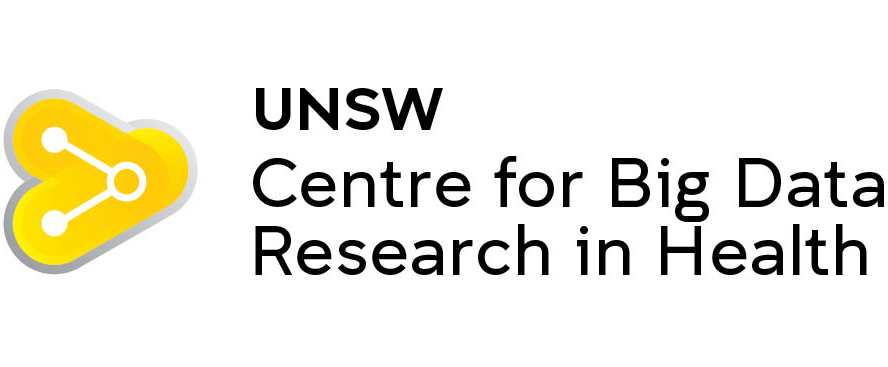Cardiovascular

Using big data to improve patient prediction, management, outcomes and care
At the Centre for Big Data Research in Health, we source big data for our research into cardiovascular diseases, including coronary heart disease, stroke and heart failure. These diseases affect around four million Australians and cost the Australian health system $12 billion per year.
Our cardiovascular disease research uses multiple sources of big data, including hospital, Medicare and pharmaceutical records to tackle questions including:
Can we use routinely collected primary care and mammography data for early prediction of increased risk of heart attack or stroke?
Can we use detailed electronic medical records to predict which cardiovascular patients will be readmitted to hospital?
Are there sex differences in the pre-hospital, hospital and post-discharge management of heart attack and stroke?
How do pathways of care and outcomes following heart attack vary between urban and rural patients?
What are the comparative outcomes of medication management versus atrial ablation for patients with atrial fibrillation?
What are the comparative long-term outcomes of open surgical versus minimally invasive heart valve replacement?


